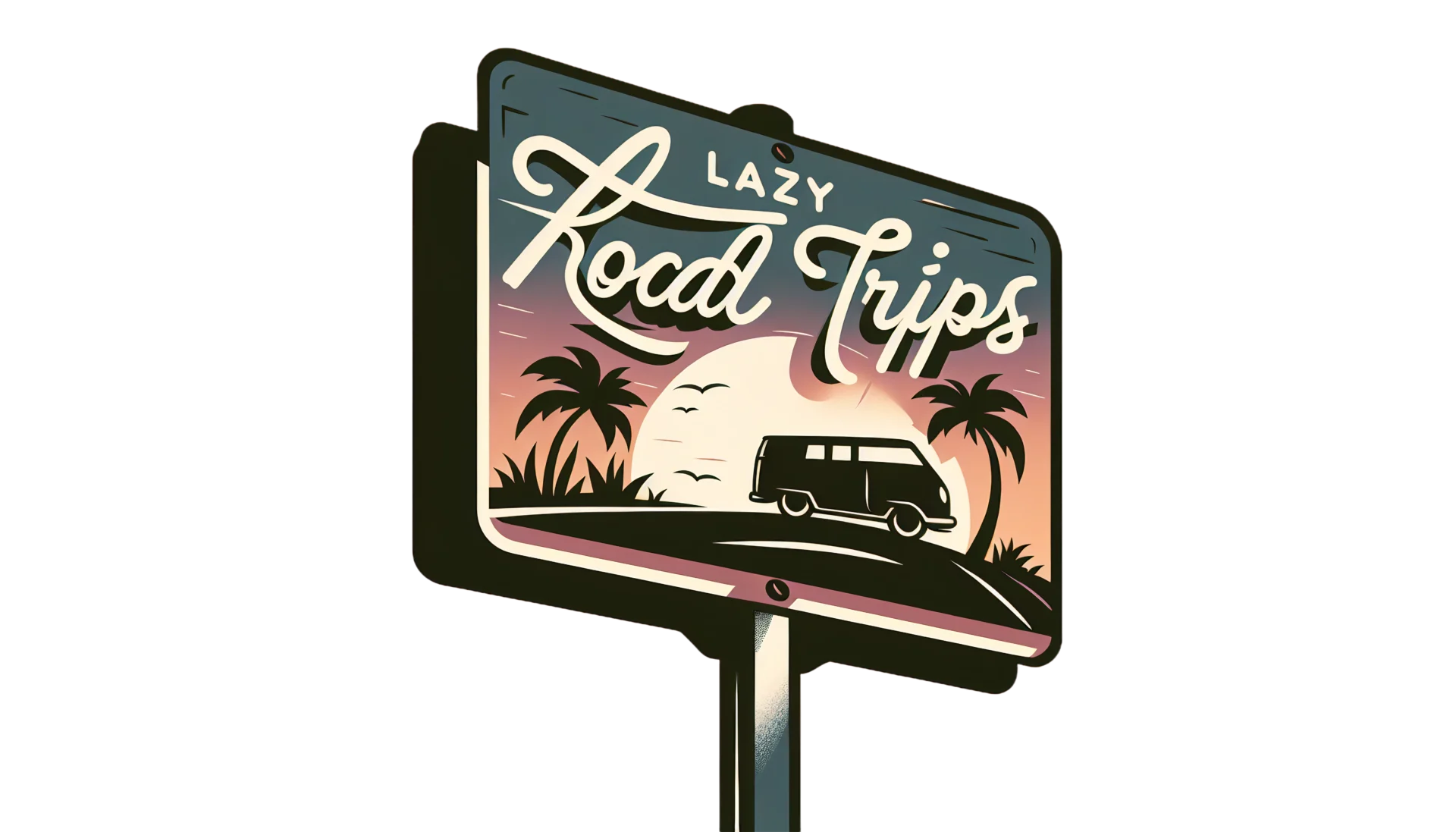San Francisco just rolled out a new parking limit that, for all practical purposes, bans homeless people from living in RVs inside city limits. This change has fired up a heated debate—residents, city officials, and homeless advocates all have strong opinions.
It’s part of a bigger push to address the city’s long-running homelessness crisis. So, what’s actually in this new policy, and what does it mean for people using RVs as their homes?
Understanding San Francisco’s New RV Parking Limit
City officials introduced a policy that restricts how long RVs can sit parked on city streets. They say it’s supposed to stop people from using RVs as long-term homes in public spaces.
Now, RVs face tougher parking enforcement. There are limited hours and only certain zones where parking is allowed.
Officials say they want to protect public health and safety, and keep neighborhoods looking nice. But it’s left a lot of people wondering where RV dwellers are supposed to go, especially with affordable housing so hard to find.
Key Points of the Policy
- Time Limits: RVs can only park in designated spots for a set number of hours.
- Designated Zones: The city picked specific areas for RV parking, hoping to cut down on impacts in neighborhoods.
- Enforcement: More patrols are out, and fines are steeper for anyone breaking the new rules.
Implications for the RV Community
This policy hits the RV community hard, especially folks who turned to RVs because rent is sky-high. For them, these vehicles aren’t just transportation—they’re home.
With stricter parking limits, people have to keep moving their RVs to avoid penalties. That constant shuffle can wear you down, both physically and emotionally.
Challenges Faced by RV Dwellers
Living in an RV isn’t easy, and this new law just piles on more challenges:
- Lack of Stability: Always moving makes it tough to keep a job or get to services you need.
- Access to Basic Amenities: Finding safe places to park, or even just water and sanitation, gets trickier by the day.
- Community Displacement: RV dwellers often rely on each other for safety. This policy could scatter those fragile communities.
Reactions and Controversy
Not surprisingly, reactions are all over the map. Some residents and business owners back the policy, hoping it’ll clean up the streets and make things safer.
They worry RVs in neighborhoods might bring more crime or sanitation headaches. But advocates for the homeless think this approach misses the point.
They say the city needs to tackle the actual causes of homelessness, not just move people around. More affordable housing and real support services, they argue, would do far more good.
Advocate Perspectives
Advocacy groups are pushing for other solutions that don’t just push vulnerable people out:
- Affordable Housing Initiatives: Put money into housing people can actually afford, so they aren’t forced into RVs.
- Support Services: Expand mental health care, job training, and other resources to help people get back on their feet.
- Safe Parking Programs: Set up safe parking lots where RV dwellers won’t get ticketed or kicked out.
Looking Ahead
It’s anyone’s guess how this new policy will play out for the RV community and the city’s homelessness problem as a whole. The city says it wants to protect health and safety, but it’s easy to worry that some folks could end up worse off.
If you’re living in an RV, keeping up with these rule changes and finding available resources is more important than ever. And honestly, ongoing advocacy and real conversations with city leaders might be the only way to push for policies that actually help.
Resources for RV Dwellers
If you’re living in an RV and this new policy affects you, there are a few resources that might help.
- Local Advocacy Groups: The Coalition on Homelessness and similar organizations offer support and can walk you through these new regulations.
- Safe Parking Programs: Try to find safe parking sites in your area. These are spots where you can park without worrying about getting fined.
- City Resources: San Francisco’s Department of Homelessness and Supportive Housing provides different services for folks experiencing homelessness.
If you’re curious about San Francisco’s new parking limit and what it means for the RV community, you can check out the full article here.


